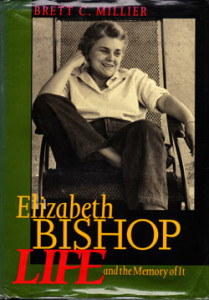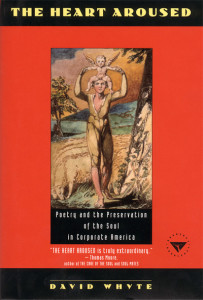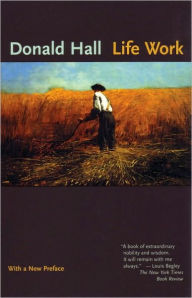I’ve been tiptoeing around Bishop’s poetry for many years, intrigued but wanting to carve out a chunk of time to really concentrate on it. The last few weeks have been that time.
Subtitled Life and the Memory of It, a quote from one of Bishop’s poems, this is a critical biography, meaning that it not only tells the story of Bishop’s life, but also discusses her poems. Of course, there’s long been a kerfuffle in the literary community over the relevance of a writer’s life to her work, and in other arts communities as well. Shouldn’t a poem or film stand alone? Don’t we bring our own experiences and outlook to a book or painting?
Well, of course. Yet, many years back, when I finished school and started creating my own study programs, I found that in addition to hunkering down and reading all of a writer’s oeuvre, I wanted to know about their lives. I felt that I knew something about them through their work, but needed to know more, especially in those early years when I was figuring out what my own writing life might look like.
I’ve felt a curious tie to Bishop because I knew that she was born in 1911 in Worcester, Massachusetts, where I also lived for a few years, very close to her home in fact. From Millier’s book, I’ve learned that Bishop’s time there was brief. Her father died when she was eight months old and her mother was in and out of mental institutions for a few years, moving between Worcester and her family’s home in Nova Scotia, before being committed in 1917. At that point, Elizabeth’s father’s family brought her back to Worcester for a miserable few months before sending her to boarding school. Although her mother did not die until 1934, Elizabeth essentially had no family home for the rest of her childhood.
She made lifelong friends at school and later at Vassar and in the literary community at large. Two friendships in particular shaped her as a poet. While still in college she met Marianne Moore who became a mentor as well as a friend. Moore cheered on the young poet, initially critiquing her work and later suggesting places she could submit her work. Later, living in New York, Bishop became friends with Robert Lowell and the two continued to exchange poems, letters and visits until Lowell’s death.
Those of us who write stories are advised to constantly raise the stakes for our protagonist, or if we’re writing nonfiction—memoir or biography—to point out where the risks and rewards have increasing consequence, thus creating tension and suspense. Millier does this admirably for Bishop.
It’s hard enough to be a poet, let alone one without a home or family, a victim of early trauma. Let her be a lesbian in an era when homosexuals were closeted. Give her some chronic illnesses: debilitating asthma and alcoholism. Make her a perfectionist, and put her in New York’s very competitive atmosphere; then give her some early victories and very successful friends to add even more pressure.
Plenty of suspense, then, to keep this biography moving, interleaved with excerpts from letters to and from Bishop. It’s not all sad; Bishop traveled a lot, had strong relationships, created homes that she loved, and most of all wrote and revised and revised again, never letting a poem go until she was sure it was the very best she could make it.
Plus there are Millier’s insightful discussions of the poems. I was glad I had a copy of The Complete Poems 1927 – 1979 at hand to dip back into. I will discuss the poems themselves and Bishop’s thoughts about poetry in another post.
One of the things I enjoyed here was seeing the humorous side of this poet, as in this excerpt from a letter; Bishop was living in Brazil and had just won the Pulitzer Prize for Poetry:
Lota went to market, to our regular vegetable man, and he asked her if it wasn’t my photograph he’d seen in the papers. She said yes, and he said it was simply amazing what good luck his customers had. Why, just the week before, one of his customers had bought a ticket in the lottery and won a bicycle.
If you haven’t read her poems, this biography will make you want to read them. If—like me—you feel that there are layers in her poems that you are missing, this book will help open them up for you. Most of all, if you are curious about the life of a poet, particularly one who stands alone, not part of a literary movement, or the life of a brilliant but challenged woman in the mid-twentieth century, this is the book for you.
Have you read a biography that you’d recommend?




